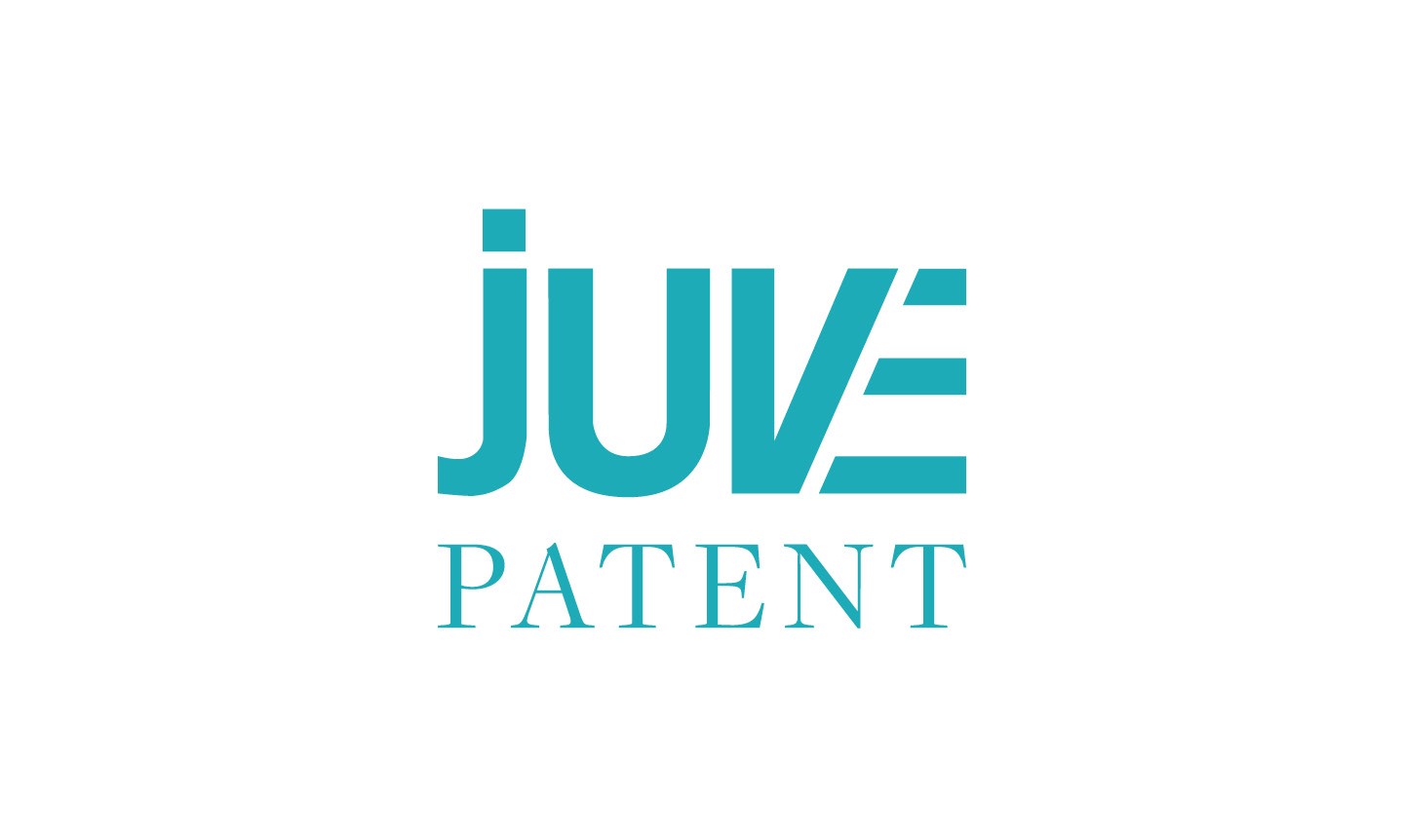Stada, Zentiva and four other generic drug companies can launch their generic products after Bayer withdrew its second application for a preliminary injunction to protect its cancer drug, Nexavar. But the companies could still face a costly damages claim if the court ultimately upholds Bayer’s patent.
Bayer Healthcare has suffered another setback in its dispute with multiple generic drug companies. Since August 2021, it has battled to prevent the market entry of generic versions of its lucrative cancer drug, Nexavar. Yesterday, however, the pharmaceutical company withdrew its second application for a preliminary injunction at the Munich Regional Court (case IDs: see list of counsel).
Although the Federal Patent Court nullified EP 23 05 255 in September in the first instance, Bayer had tried to convince the court that the decision was wrong. The pharmaceuticals giant instead wanted the court to issue a PI against generic drug manufacturers Betapharm, Hexal, Mylan/Viatris Ratiopharm/Teva, Aluid/Stada and Zentiva.
With the preliminary injunction, Bayer aimed to keep generic versions of its cancer drug Nexavar off the market until the patent expires in December 2022.
Bayer takes unusual step
In the meantime, Bayer had appealed the Federal Patent Court’s nullity ruling. The Federal Court of Justice, which is the final instance for German revocation claims, has not yet decided when it will hear the appeal.
Nevertheless, Bayer attempting to obtain a PI from Munich Regional Court concerning a revoked patent is an unusual step. Now the challenge is to convince Munich Regional Court that the Federal Patent Court’s decision is wrong and likely to be reversed by the Federal Court of Justice.
The legal standard for such cases is the Higher Regional Court Düsseldorf’s well-known olanzapine ruling. In 2008, the court found the Federal Patent Court’s nullity ruling on the drug olanzapine clearly erroneous, as a result granting Eli Lilly a PI.
However, in this case the court consistently emphasised the exceptional nature of this decision.
According to some parties in the dispute over Nexavar, the Munich Regional Court had indicated at the oral hearing in May that it might find the Federal Patent Court’s nullity decision wrong. Trial observers eagerly awaited whether this decision would lead to Bayer obtaining a PI.
If Bayer had not withdrawn its application, the court would have announced its decision today.
First time a charm
In August 2021, the same court granted Bayer an initial PI for a limited time. As a result, generic drug manufacturers could not market their products in Germany until the Federal Patent Court’s decision on validity. When the court struck down the Nexavar patent, the companies entered the market. Bayer intended that the second PI would revise this decision until the patent expired.
However, the dispute took a turn last Wednesday in the appeal of the first PI. During the hearing, the appellate judges clarified that, following the German principle of separation, they would not examine inventive step. As such, they would not overrule the Federal Patent Court’s nullity decision.
This decision led to Bayer withdrawing its application for the first PI. According to various parties, one of Bayer’s aims is to avoid a written judgment that can be used in other proceedings.
Only the injunction against generic drug company Betafarm remains in place. However, it no longer has any economic consequences.
Bayer in Europe
(…) Bayer’s withdrawal of its PI applications in Germany does not mean the dispute is over. Indeed, if the Federal Patent Court declares the patent valid again, Bayer could claim damages from the other six generic drug manufacturers.
(…)
Across the parties
For Bayer
Simmons & Simmons (Düsseldorf): Peter Meyer (partner)
Weickmann & Weickmann (Munich): Wolfgang Weiß, Hans Weickmann (partners, both patent attorneys)
For Zentiva (case ID: 21 O 15021/21)
Arnold Ruess (Düsseldorf): Cordula Schumacher (partner); associate: Theresa Schulz
Reddie & Grose (Munich): Robin Ellis (partner, patent attorney)
In-house (Prague): Kristin Cooklin (head of IP)
For Aliud Pharma/Stada (case ID: 21 O 14376/21)
Preu Bohlig & Partner (Hamburg): Daniel Hoppe
Kernebeck (Frankfurt): Thomas Kernebeck (patent attorney)
For Ratiopharm/Teva (case ID: 21 O 15023/21)
Bird & Bird: Tobias Wilcke (Düsseldorf, counsel), Lucas Brons (Hamburg, associate)
Lederer & Keller (Munich): Michael Best (partner, patent attorney)
For Hexal (case ID: 21 O 15022/21)
Bird & Bird (Düsseldorf): Oliver Jüngst (partner); associates: Moritz Schröder
Maiwald (Munich): Derk Vos (patent attorney)
For Mylan/Viatris (case ID: 21 O 14962/21)
Taylor Wessing (Munich): Anja Lunze, Verena Bertram (partners); associate: Damian Roscher
ter Meer Steinmeister & Partner (Munich): Luigi Rumi (partner, patent attorney)
For Betapharm (case ID: 21 O 14963/21)
Maiwald (Munich) Marco Stief (partner), Annelie Wünsche (partner, patent attorney), Christian Meyer (principal)
Regional Court Munich, 21st Civil Chamber
Georg Werner (presiding judge)
This text is a press report from JUVE Patent. The full text version of the article can be found here.
